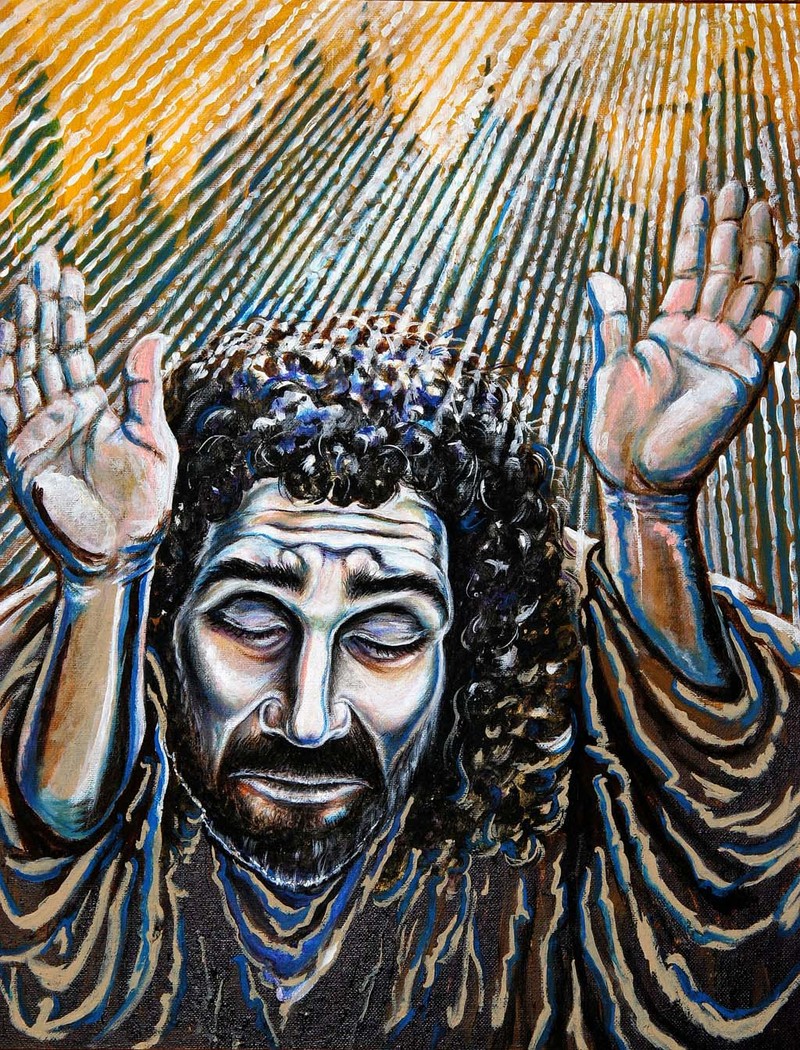 … and something happened. He was struck by an awesome vision. But he dismissed it as a ridiculous if terrible dream. It was nothing, he thought to himself. Nothing real.
… and something happened. He was struck by an awesome vision. But he dismissed it as a ridiculous if terrible dream. It was nothing, he thought to himself. Nothing real.
Gilles Deleuze, commenting on Spinoza, wrote, “ethical joy is the correlate of speculative affirmation.” This has been a guiding aphorism for me for many years now. But…
Does this mean there is something like unethical joy, too? What’s the difference? Where do ethics come from – for an atheist, for someone committedly anti-transcedent?
For the secularist, “human nature” – the behaviorial consequences and maladaptations that are the unintended consequences of evolutionary psychology – these are original sin. And standing in for the apocalypse, we have environmental degradation and catastrophic social collapse, and war. But are these limiting “secular” ontologies and eschatologies any less destructive of human aspirations than the classical varieties? Wouldn’t we do better eliminating all types of original sin? Denying all flavors of apocalypse?
Or do we materialists need to build ourselves a christ-machine? Without souls, what’s to be saved?
But without original sin… with the human being decentered and meta-copernicanized… what is virtue? Is there any behavior better than any other? I feel this is so, but can’t see why.
I’m spinning. You know.
